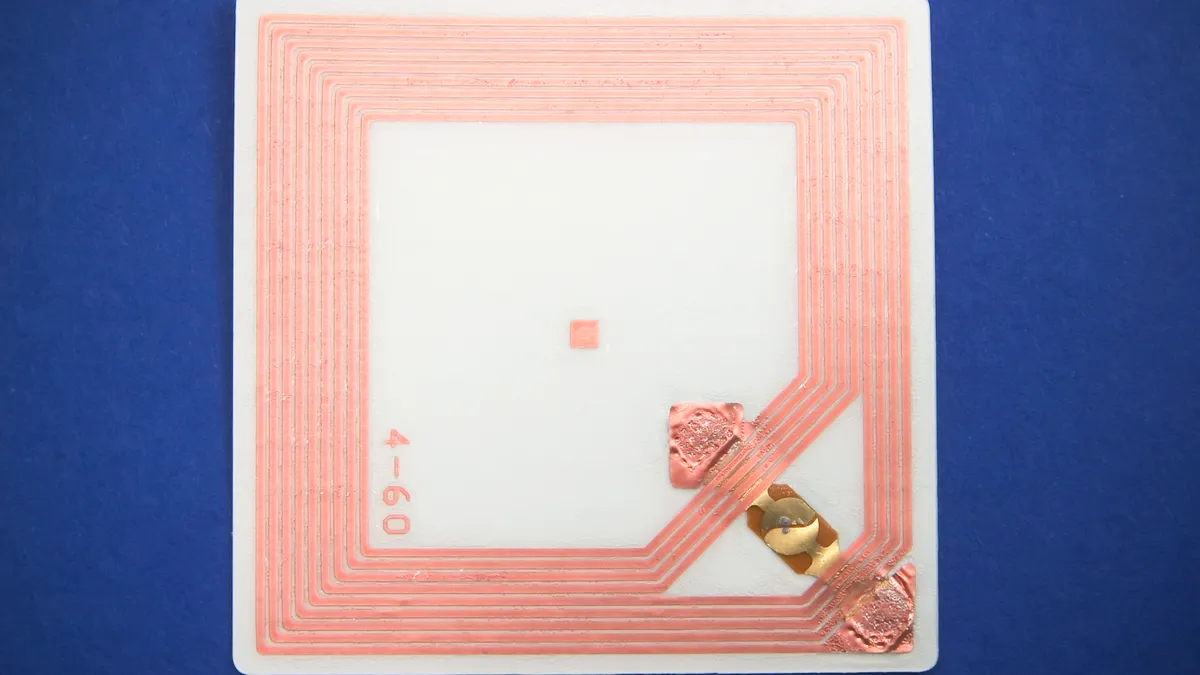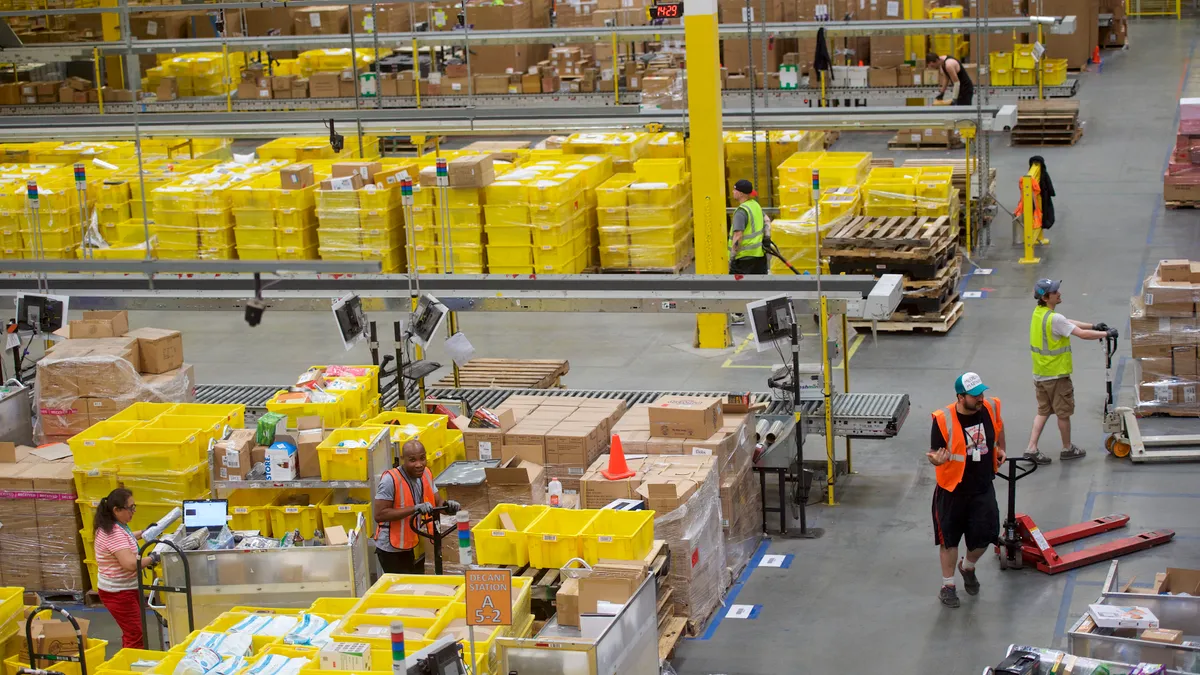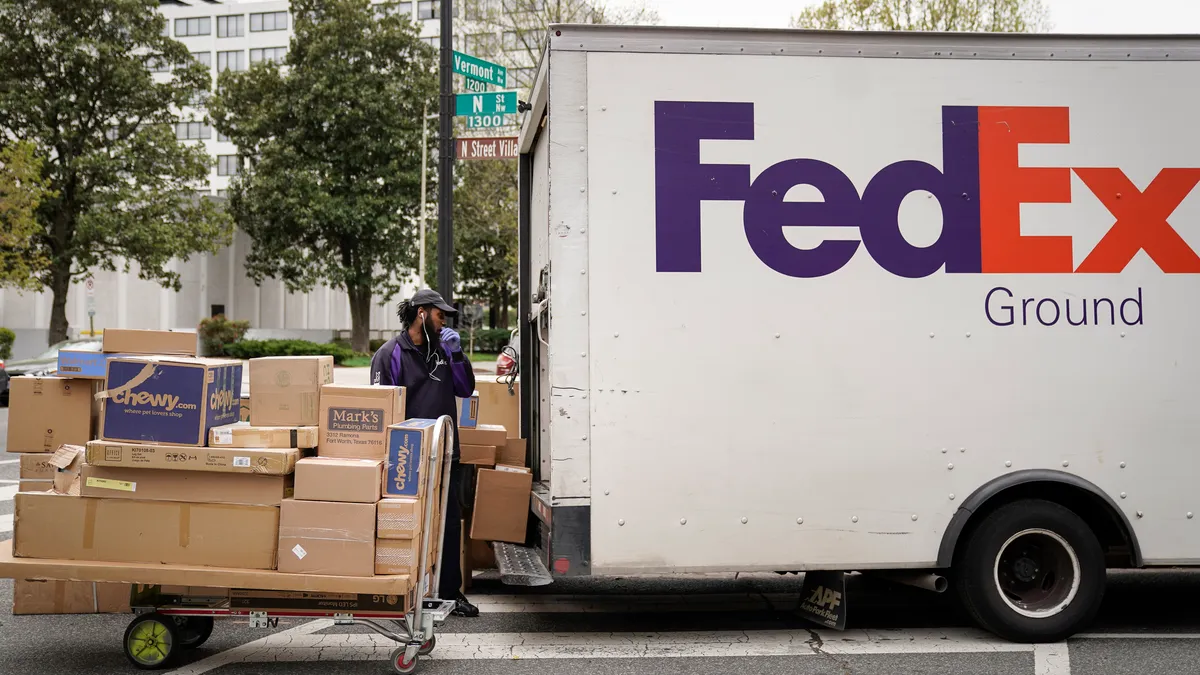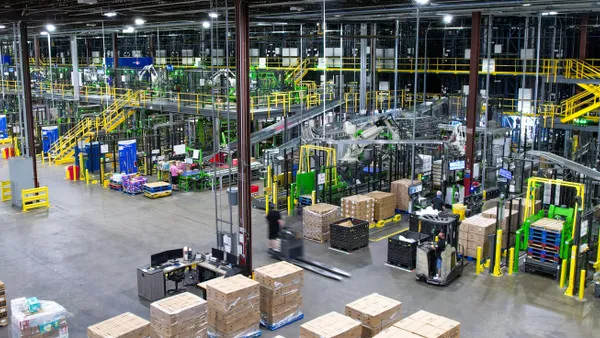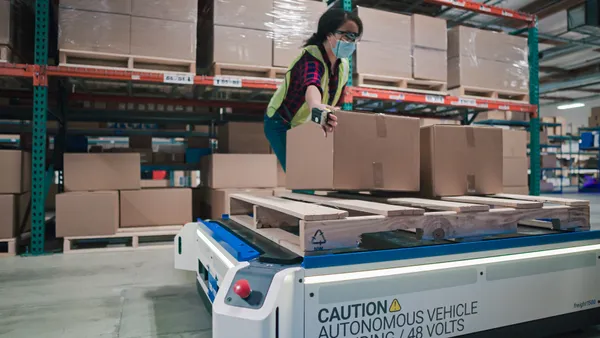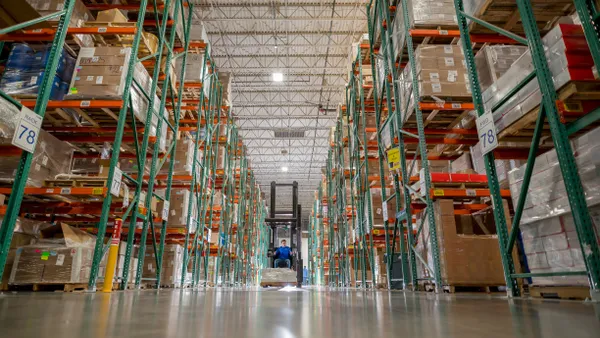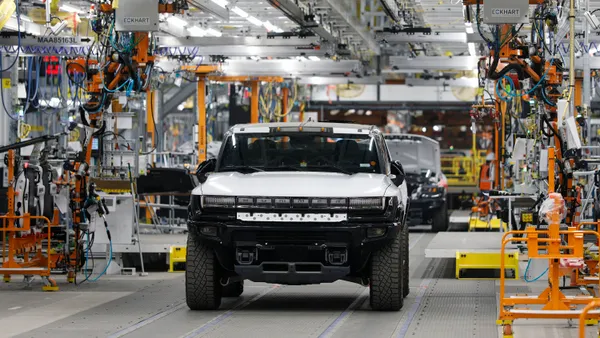Dive Brief:
- The use of RFID by retailers has grown rapidly in North America, where 92% (of 50 North American retailers surveyed) say they are either piloting the technology or have reached full adoption, up from 34% in 2014, according to a 2018 Accenture survey of 110 global retail executives.
- The use of RFID technology makes it easier for retailers to implement omnichannel retail solutions thanks to the visibility it can provide into inventory, Accenture noted in its report. It found the retailers who adopted RFID were also more likely to have adopted omnichannel.
- The most common omnichannel methods used by RFID adopters were buy online, pickup in-store (BOPIS) and ship from store — both used by 85% of retailers who had reached full RFID adoption.

Dive Insight:
Retailers creating an omnichannel selling environment need a better understanding of their inventory than those that just have a brick-and-mortar presence, according to Jason Sain, a senior manager with Accenture Strategy and one of the report authors. RFID can provide this understanding.
Without RFID, retailers tend to have inventory accuracy close to 70% to 75%, but RFID can increase this to over 95%, Sain said. Brick-and-mortar retailers rely on shipment data and point of sale data for inventory levels which can suffer from shrinkage as the result of loss. But RFID can provide more real-time information on inventory.
When a retailer has accurate inventory, that means someone can "execute an order right now and you truly can say, 'Hey, you could buy this and go pick it up in the store, it'll be ready for you within an hour,'" Sain told Supply Chain Dive in an interview.
Accurate inventory levels can help retailers avoid stockouts and avert split shipments (when an order has to be fulfilled from multiple locations), the report noted.
And as RFID becomes more common, maybe omnichannel will too. The survey found 59% of retailers not using RFID had one omnichannel offering while 96% of retailers that adopted RFID had one omnichannel offering.
But some retailers who implement RFID just for inventory might find the technology lacking when it comes to the return on investment. To see its full potential, it needs to be used across a variety of business categories, according to Brendan Witcher, an analyst with Forrester.
"[T]he way to make RFID pencil out is when the technology is applied to a number of use cases, including operational efficiencies in shipping/receiving, inventory accuracy, security, support for omnichannel programs," Witcher explained in an email to Supply Chain Dive.
The technology that makes RFID possible has become cheaper in recent years, allowing more companies to take advantage of the technology, but other smaller companies have also been able to see the success stories of the early adopters, Sain said.
A paper published last year in the International Journal of Retail & Distribution Management found poor levels of RFID adoption was one of the major barriers to omnichannel. "Retailers that have not adopted RFID may have their online site indicate a store has one unit in stock when in reality it is out of stock," reads the paper by researchers from Hofstra University.
The 2018 paper points to Macy's as one retailer that has made the switch to RFID and seen the benefit. Nike, Delta and others have similarly noted the technology's benefits.
This story was first published in our weekly newsletter, Supply Chain Dive: Operations. Sign up here.



